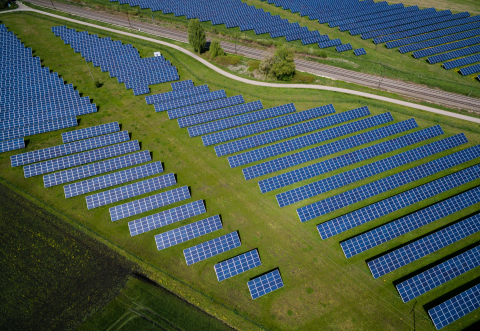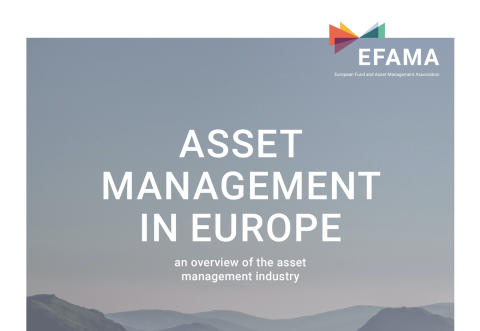Investors would benefit from an EU legal framework with due diligence guidelines and reporting requirements for companies in the real economy. This framework should be consistent with the reporting requirements in the revised NFRD and the disclosures in the Sustainability-Related Disclosures regulation (SFDR). At the same time, any framework for supply chain due diligence should not impose a competitive disadvantage for EU companies.
Sustainable Finance
The asset management industry plays a key role in meeting the objectives of the European Green Deal to make the EU’s economy sustainable. Our members integrate ESG considerations across their risk management processes and investment decisions. They develop sustainable investment products and foster transparency to fight greenwashing. This increases choice, trust and, in turn, retail investors’ participation. Overall, such efforts mobilise capital towards a fair and just transition to a climate-neutral economy by 2050.
EFAMA actively contributes to the development and implementation of EU’s sustainable finance initiatives. Among them are a comprehensive transparency framework for financial market participants, standards and labels for green financial products, classification of green economic activities and policies enhancing corporate sustainability reporting.
EFAMA response to EC consultation on Sustainable Corporate Governance
Priorities for the investment management industry - EFAMA letter to Portuguese Presidency of the EU
The European investment management industry is helping savers achieve their financial goals and build up retirement savings. Investment management is a vital part of the European economy, providing funding for companies and infrastructure projects and contributing to economic growth and job creation across all Member States.
EFAMA feedback on draft Delegated Act of Taxonomy Regulation for climate change mitigation and adaptation
As the voice of European asset management industry, EFAMA strongly welcomes the development of
the EU Taxonomy and its technical screening criteria. We see the Taxonomy as a critical tool to
unleashing the potential of sustainable finance in Europe by assisting issuers, project promoters,
companies, investors, and other financial market participants in identifying truly sustainable economic
activities. We wish to put forward recommendations that aim to improve the usability and integrity of this
framework.
ISSB's Exposure Drafts on Sustainable Reporting Standards
EFAMA shares the urgent need to improve the consistency and comparability of sustainability reporting at a global level. Therefore, we welcome the opportunity to respond to the ISSB consultation on the Exposure Drafts on “General Requirements for Disclosure of Sustainability Related Financial Information” (IFRS S1) and on “Climate-Related Disclosures” (IFRS S2).
EFAMA highlights that alignment and interoperability with global standards are key
EFAMA has stressed that global alignment of sustainability reporting standards will be necessary to ensure clarity for investors as Europe moves towards a zero emissions economy by 2050.
PTF-ESRS consultation survey on draft European Sustainability Reporting Standards
EFAMA strongly supports the initiative carried out by EFRAG with the publication of the Exposure Drafts on the European Sustainability Reporting Standards (ESRS). The Exposure Drafts provide key elements framing the architecture of reporting requirements and clarifying the content and key concepts of CSRD. The resulting data will be of crucial importance for investors and for achieving the EU objective to transition towards a zero emissions economy by 2050.
Sustainable Investing Explained in 9 Questions
EFAMA launches its new brochure "Sustainable investing explained in 9 questions".
Despite the growing interest and importance of sustainable investing, most EU citizens often find it difficult to navigate this relatively new investment landscape.
In the brochure we explore :
EFAMA Asset Management Report 2022
EFAMA's latest edition of its 'Asset Management in Europe' report provides an in-depth analysis of recent trends, focusing on where investments funds and discretionary mandates are managed in Europe.
The asset management sector is a crucial one for the European economy, with a key role to play in financing the green transition:
Asset Management Report 2021
This is our 13th edition of the Asset Management in Europe report, which provides an in-depth analysis of recent trends in the European asset management industry, focussing on where investment funds and discretionary mandates are managed in Europe.


































